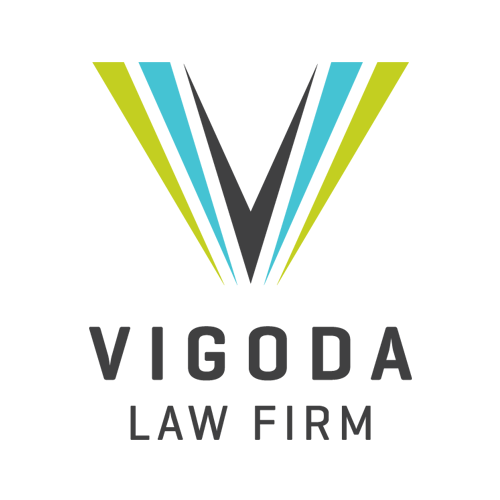US Citizenship
A US citizen is someone who has the full rights and responsibilities of being an American. Except in very rare cases, a person’s US citizenship may not be taken away.
US citizens may vote in elections, run for public office, and collect certain government benefits that are not available to Green Card holders. In addition, they may apply for government-related jobs restricted to those with US citizenship. US citizens may also spend an unlimited amount of time outside the United States while still maintaining their citizenship.
A person may become a US Citizen in three ways:
Birth in the US
Naturalization
Through parents
All children born in the United States, except the children of diplomats, are US citizens.
Naturalization is when a citizen of another country applies for US citizenship. You may be eligible for citizenship if you meet the following requirements:
You have been living in the United States as a Green Card holder for at least five years (or at least three years if you acquired permanent residence through marriage).
You have been physically present in the United States for at least half of those three or five years.
You are a person of good moral character and have not committed any crimes or immigration offenses that would make you ineligible for citizenship.
You have been living in the district where you plan to file your application for at least three months.
You can pass a basic English language and US history/government test.
Unlike permanent residents, naturalized US citizens are no longer subject to US immigration laws. They have exactly the same rights as native-born US citizens.
Children may also become US citizens through their parents, either at birth or when a parent naturalizes.
A child born abroad to a US citizen parent may automatically be a US citizen at birth, depending on various requirements. In the simplest scenario, if both of the child’s parents are US citizens, the parents are married to each other, and at least one of the parents lived in the United States before the child’s birth, then the child is a US citizen. However, many other scenarios are possible. For example, a child born abroad to US citizen father and non-US citizen mother who are not married to each other is subject to a longer list of requirements for establishing US citizenship than a child born abroad to a US citizen mother and non-US citizen father who are not married to each other. The child’s date of birth is also relevant to determining whether he or she is a US citizen, because different laws regarding acquired citizenship apply to children born in different time periods.
A child born outside the United States may also automatically become a US citizen after birth if one or both parents become US citizens. The requirements for citizenship under this category also vary depending on the circumstances. If a child was born after February 26, 2001, is a Green Card holder, and lives with a parent who has become a US citizen through naturalization, then the child is a US citizen. If a child was born before February 26, 2001 or was adopted by a US citizen, other requirements apply.
"Hannah is a true gift."
“She helped my husband and I through the entire immigration process before our wedding. Hannah is extremely professional but equally personable, qualities that were so valued during this stressful time.”
— J.T.
"She was very thorough."
“My employer sent me to the USA to gain experience in the US market. Hannah did a great job setting up all the documents that were necessary for the authorities to grant me a visa. I can recommend her without reservation.”
— S.K.
"I wouldn't do it without her."
“Hannah is a very professional and experienced immigration lawyer. Her passion for helping people reflects in every case she handles. She pays close attention to details, which was important in my application. I was very fortunate to have found her.”
— M.W.
Contact us for more information.
Vigoda Law Firm, 5 W. Hargett Street, Suite 700, Raleigh, NC 27601 Tel: 919.307.7817 Email: info@vigodalaw.com

